Reporter REGIO: episode 11
The Curse of Gold and the Taming of the White Wolf
Success stories, possible with the support of Regio Nord-Est 2014-2020
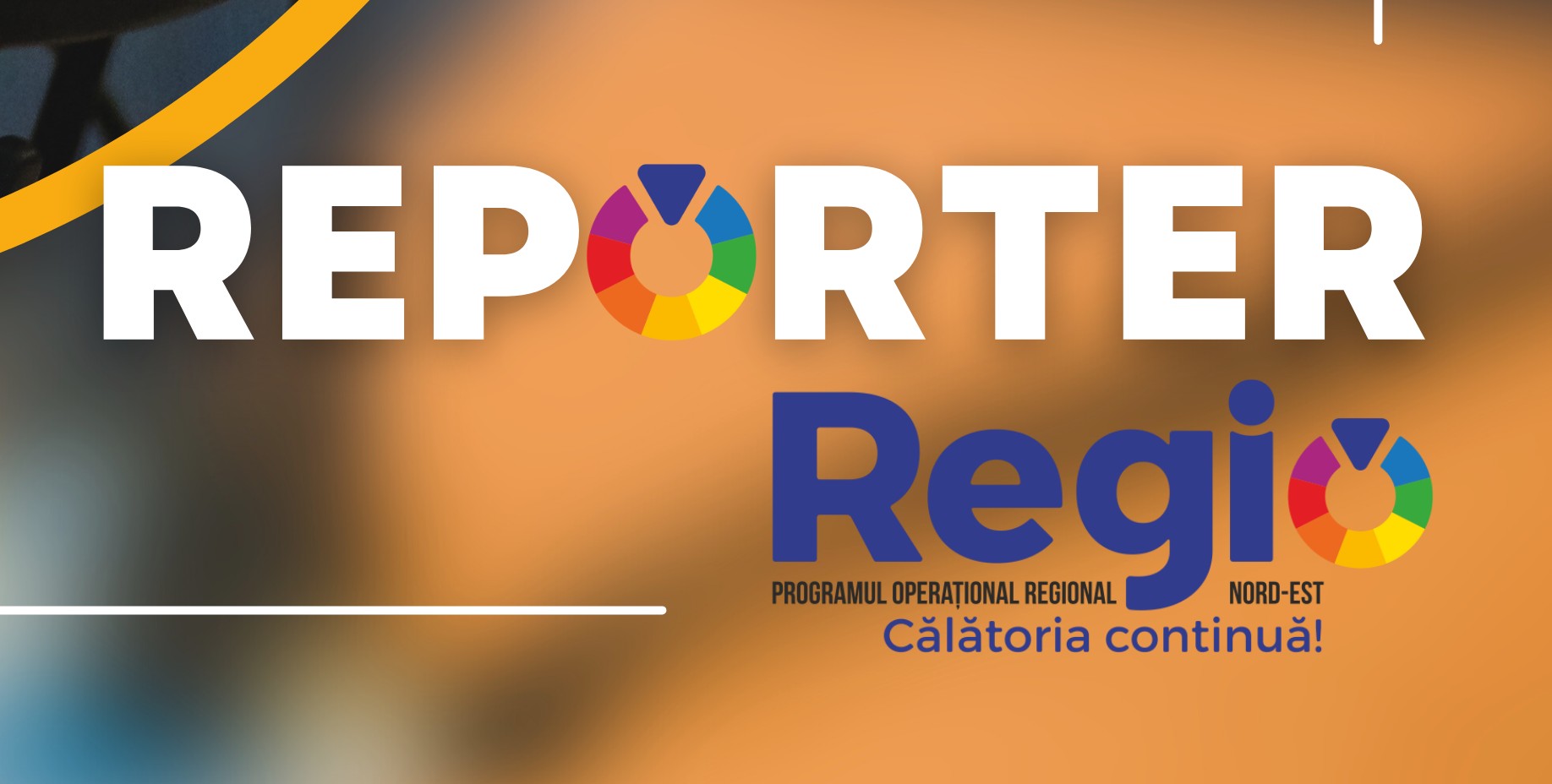
We found Mircea Căldăraru working along with some workers. They were building an extension to the workshop together, increasing the space on the ground floor, and the first thing he told us, proudly, was that he was expanding the workshop thanks to the equipment bought with European funds.
Mircea Căldăraru has been a jeweler for over 30 years, and the equipment acquired through REGIO helped him modernize jewelry production, but also to diversify the models. Now he works with last-generation software equipment that helps him save a lot of time. He introduces us to each piece of equipment, what it does, and how each has its well-thought-out role in production. Like any person passionate about his job, Mircea documented a lot and went to numerous exhibitions abroad. At one of them, in Italy, about 6 years ago, he saw a group of Koreans staring in fascination at a 3D printer as it printed a human head from resin. Then he saw the same printer in Istanbul. It cost around 40k euros and he realized that he really wanted one too. He imagined how much such a printer would cut down on work time. This is how the idea of a project with European funding started.

From a project of 40k to one of 180k euros
He got home and looked for a consultant in European funds. He had heard that a lot of people were taking funds and said he should try it too. “I went to a consultant and told him I also wanted funds for a 3D printer. The consultant started laughing. He replied that no one moves a mountain of papers for 40k euros. I asked him how much was he moving for. At least a hundred thousand was the answer. I said that I have nothing to do with such money. I don’t need that much„, Mircea recalls, laughing. He was told he was eligible, met the conditions, and could look for other equipment he dreamed of, but he didn’t dare get his hopes up. He went to exhibitions, he also went to factories to see how the machines he was interested in working. „For the laser, I went to a factory in Germany, for the oven, for each piece of equipment I went to the manufacturer to see how it is made, how it is produced. I buy them to work with it and I need to know how each one works. I traveled a lot in Germany and Italy during that time. The exhibitions lasted 3 days. For two days I sat with them to show me how each one works„, says Mircea. And from exhibition to exhibition, from equipment to equipment, he reached an approved project of almost 180 thousand euros, with 165 thousand euros non-refundable value.

The job of mold technician
Mircea Căldăraru was born in Panciu and grew up in Galati city. He went to vocational school in Brașov city because he was good at math, and his mother heard about a highly sought-after profile at the time, where you entered with a high grade. The profile was for a mold technician at the Hydromechanics Professional School. He didn’t know what it meant at that time, but he was going to find out and make a passion out of it. „Nothing on earth cannot be made in a mold. The mold technician is the one who, based on a project, makes a mold. It is a job above that of a jeweler. As a molder, you have to know how to work on absolutely anything. It was easy for me to go from molder to jeweler. Back then, during high school, I worked a lot in copper, and plexiglass. I was making rings, and necklaces and gave them to the girls. I had even managed to earn a penny. I was making rings of 3,4,5 colors. From the file and the saw. A little bit rudimentary we can say„, says Mircea Căldăraru.
After the Revolution, he tried to learn the trade wherever he could. No one was willing to share the secrets of the jewels. He was giving beer in exchange for information to some boys from Galati who had a workshop, and that’s how he managed to learn a few more things.

The Story of the White Wolf
In ’92 he moved to Gura Humorului, and two years later he opened his company whose name he had known for a long time: The White Wolf. A fan of a nonconformist writer who wrote after the Revolution, some SF books, Pavel Coruț chose a Dacian symbol from his writings, the white wolf. When he founded the company, he wanted to do something special: provide jewelry that no one had. So he bought magazines from abroad, in English, and had them translated. Then he got two CDs with pictures and information from a seller in Istanbul who didn’t know how to get rid of him because he was asking so many questions. He gathered information wherever he could and slowly began to work on his own, making jewelry castings at a foundry he received from an older man from Galați who was making jewelry. This man gave him the foundry but did not teach him how to actually use it. „I had a few grams of gold and I poured like about 16 times. It didn’t work out. Every time I wrote in my diary: it didn’t work out because… and I wrote down the reason to figure it out. I still have that notebook. But at some point, 2 rings came out. When I saw them, I said God blessed me. Did I make two rings? I jumped for joy. Then I realized why the other time didn’t come out. That’s how I learned, through trials, and now I don’t miss a single casting anymore„, says Mircea.

Certified by gemologist
Like any self-respecting jeweler, he also wanted to be qualified for gemstones. He commuted by plane to Timișoara city for almost 2 months to Dan Giurgiu’s gemology school, where he obtained his certificate. „I knew how to do anything, I worked on anything, but I knew nothing about stones. At that time nothing was known about stones. Now I know what a diamond is, I know how to tell a synthetic ruby from a natural one. It is your prestige as a jeweler to know all this. Besides, I wanted to know what we were selling. No one will come to me and tell me that I sell glass instead of diamonds. Now I can give a gemological certificate to anyone if they want to check a stone„. This school of gemology brought him not only the certificate but also a group of very good friends who are passionate about working with gold. And because in his time no one shared the secrets of this job with him, he had to steal, Mircea shared now his knowledge with these friends. „I, for example, have helped four people open jewelry businesses. They came to me, sat with me, and actually learned how to make jewelry. It’s a market where there are people who have the information, but they don’t pass it on, they’re afraid of competition. Someone came from Bacău to teach him, from Sibiu, Cluj, I have a girl who even now writes me greeting letters from Greece. Many are also interested in how we obtained the European funds. I tell them everything because no one taught me and I wasted a lot of time and energy to learn by myself„.

Mircea Căldăraru now has two jewelry stores, one in Gura Humorului and one in Fălticeni, and he would need about 3 more people to learn the trade and stay with him. He advertised for an apprentice, but no one came. “I’m not only paying him, I’m also teaching him a trade. Nobody was interested. Now I want to go to the high school, talk to the principal about the possibility of teaching there. To arouse students’ interest in a job. I could take them with me, to learn. I could even do a jewelry school, also with European funding, why not? It’s very easy to go abroad, but if you learn a trade you can stay in your country. Not everyone has to go to college. And like me, there are people in the city who could teach a job, let’s keep the young people in the city, so they don’t leave. If someone comes to me to work, in 6 months he knows his job. I have tools for 4 more of these workshops. Some people collect dresses or shoes, I collect tools.„
``You have to be honest with gold``
Asked if jewelry production is a profitable business, Mircea Căldăraru says that those who work with gold cannot die poor. At the same time, there is a law of compensation, you have to be very honest when working with gold. Don’t cheat, don’t steal, and don’t make fun of your job. „If you come to work for me for a day, and at the end of the day you wash your hands, I don’t throw that water away. Because gold comes out of that water. Just from the trash in the workshop, I annually extract one hundred, and two hundred grams of gold, depending on the volume I work at. But you have to be very fair with it because gold is cursed. Everything bad that happened on this earth was because of gold. He who has gold has power, although it is now said that he who has information has power. But this information also leads you to gold. The wealth of a country is about how much gold it has. Gold is cursed anyway, and if you’re not honest with it, want to cheat someone, or steal, you don’t end up well. This is a jeweler’s law. Whoever works with gold is not allowed to steal or cheat„.

He wants a factory as he saw abroad
Mircea says that his dream is to build a factory as he saw abroad, a compartmented hall, with temperature and conditions for each piece of equipment. „They are machines that are not allowed to sit in the dust or need a certain temperature to work. The 3D printer does not work, for example, below 22 degrees. All must be in a controlled environment. It needs an air purification plant to be dust free. I want to make a hall for the production of jewelry, with European funds, as Romania does not have. And I’m not saying it out of grandiosity. I want to compete with Tiffany, Cartier, with the big brands. Because what they do, I can also do, and the equipment bought through the funds brought me closer to my dream„.
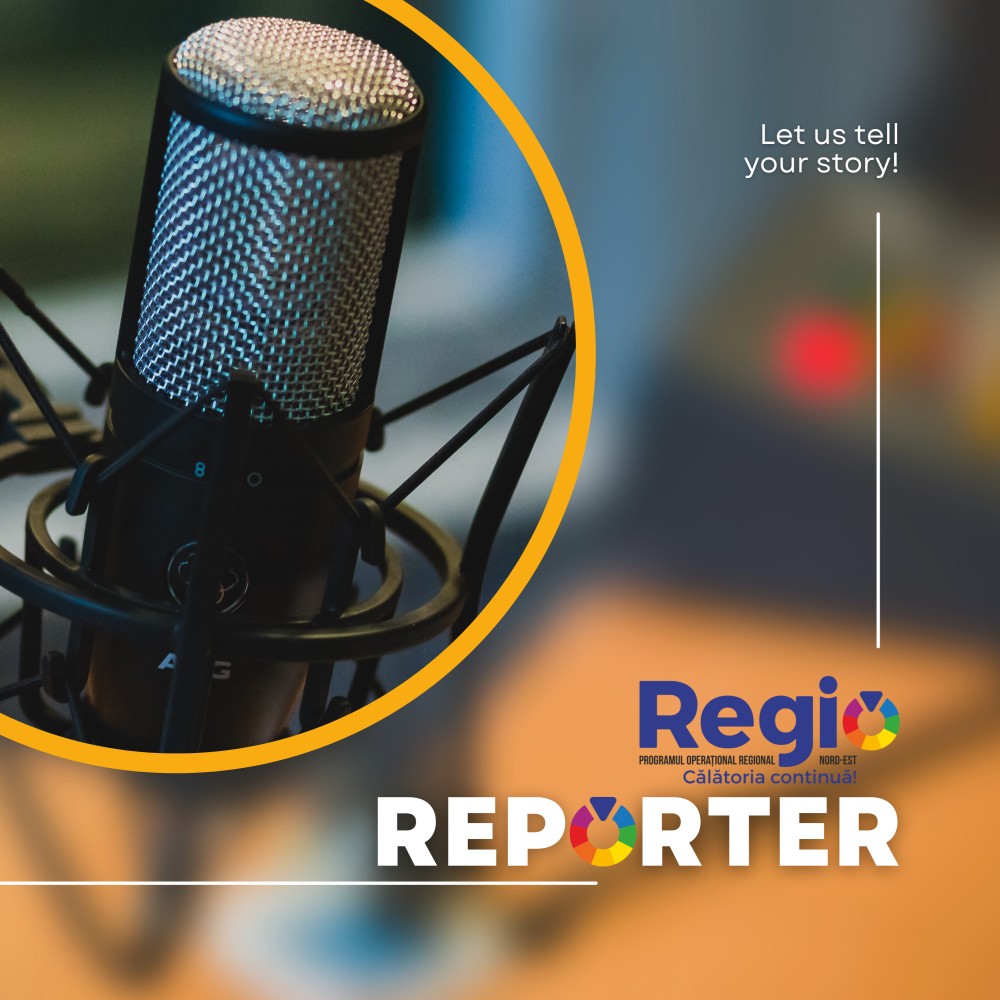
Reporter REGIO is a new North-East RDA initiative, which focuses on promoting the successful projects of our beneficiaries, projects that have managed to stand out by bringing added value and impact to the community. At a time when negative news predominates, we offer you beautiful but true stories for reading, meant to strengthen the belief that „it is possible”! Be part of the story!
Are you a Regio beneficiary? Let us tell you the story.
Contact us for details at info@adrnordest.ro


 INTERES PUBLIC
INTERES PUBLIC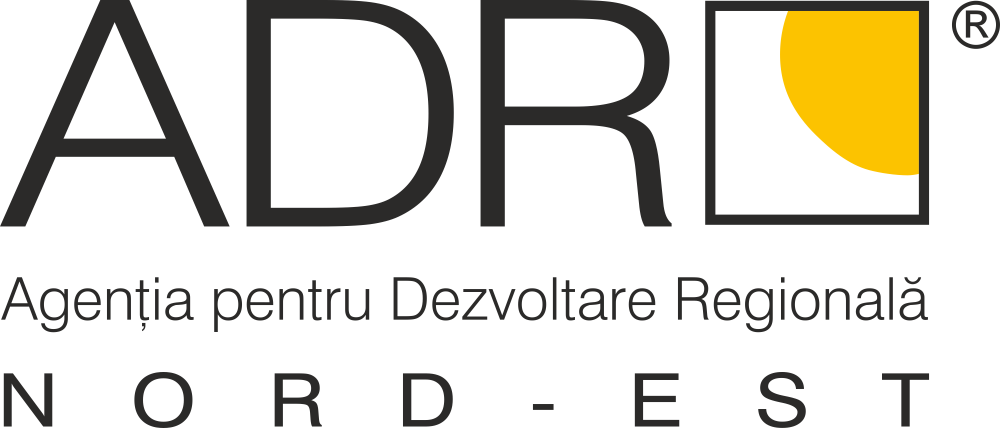
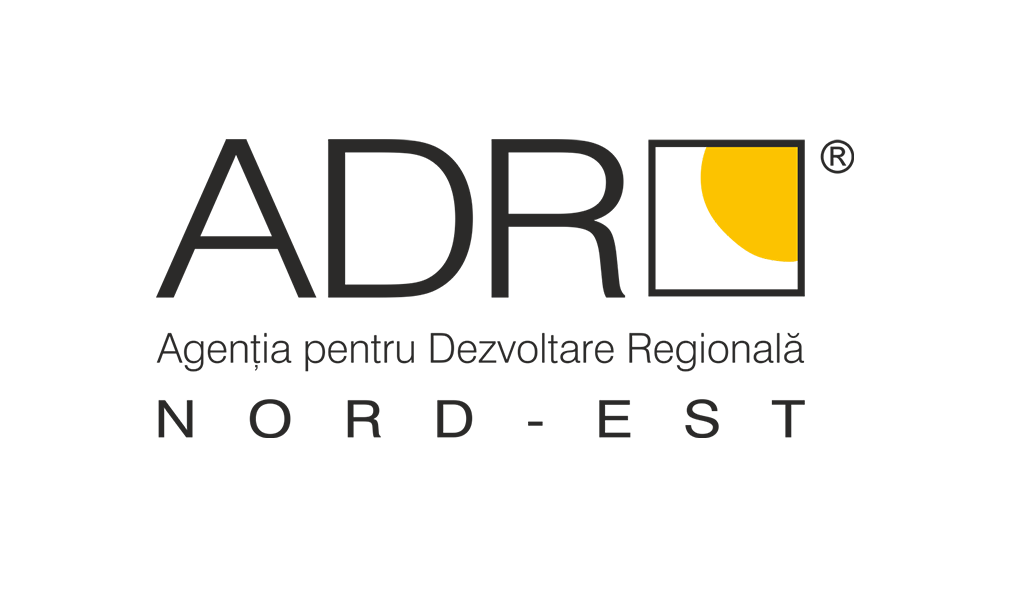

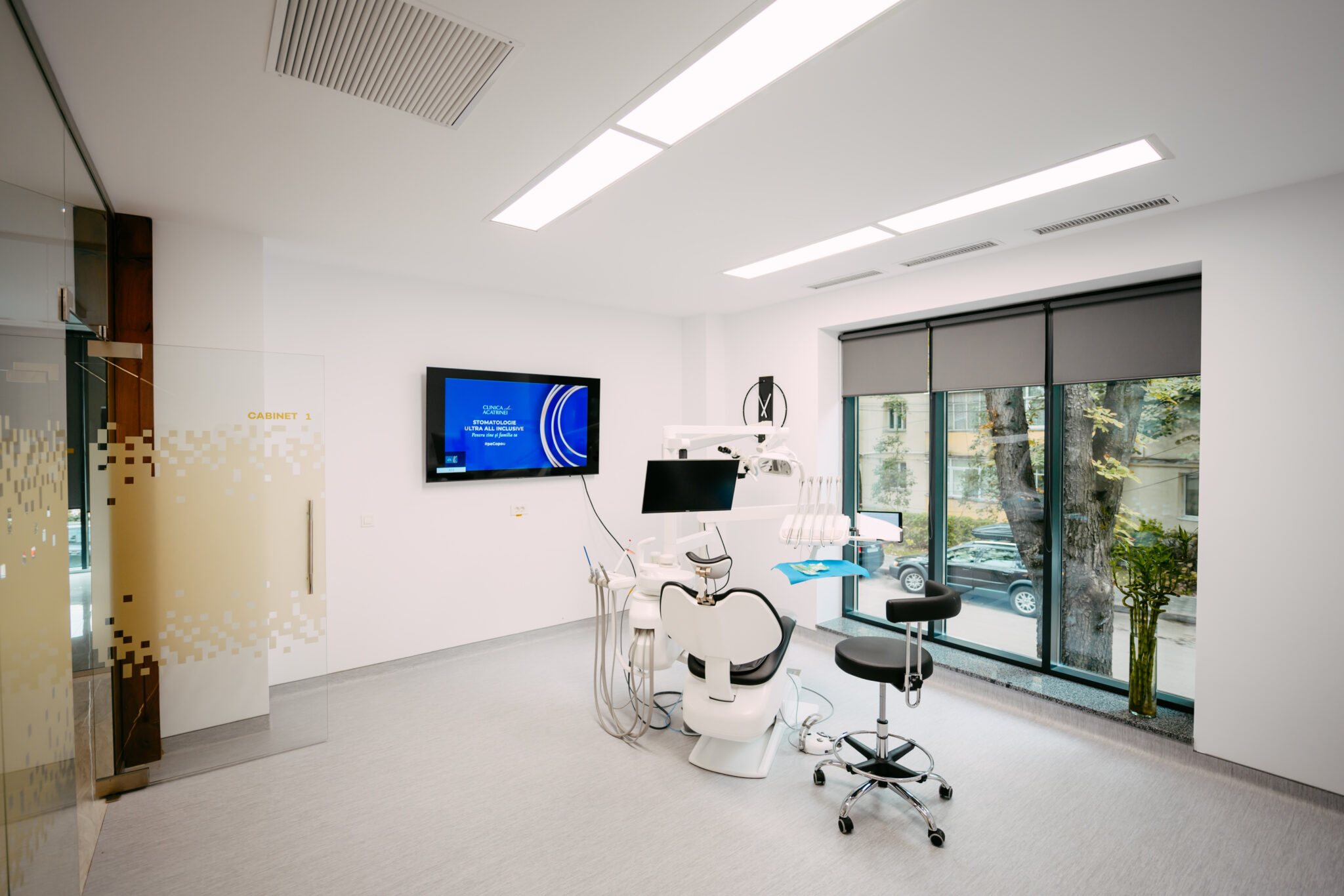

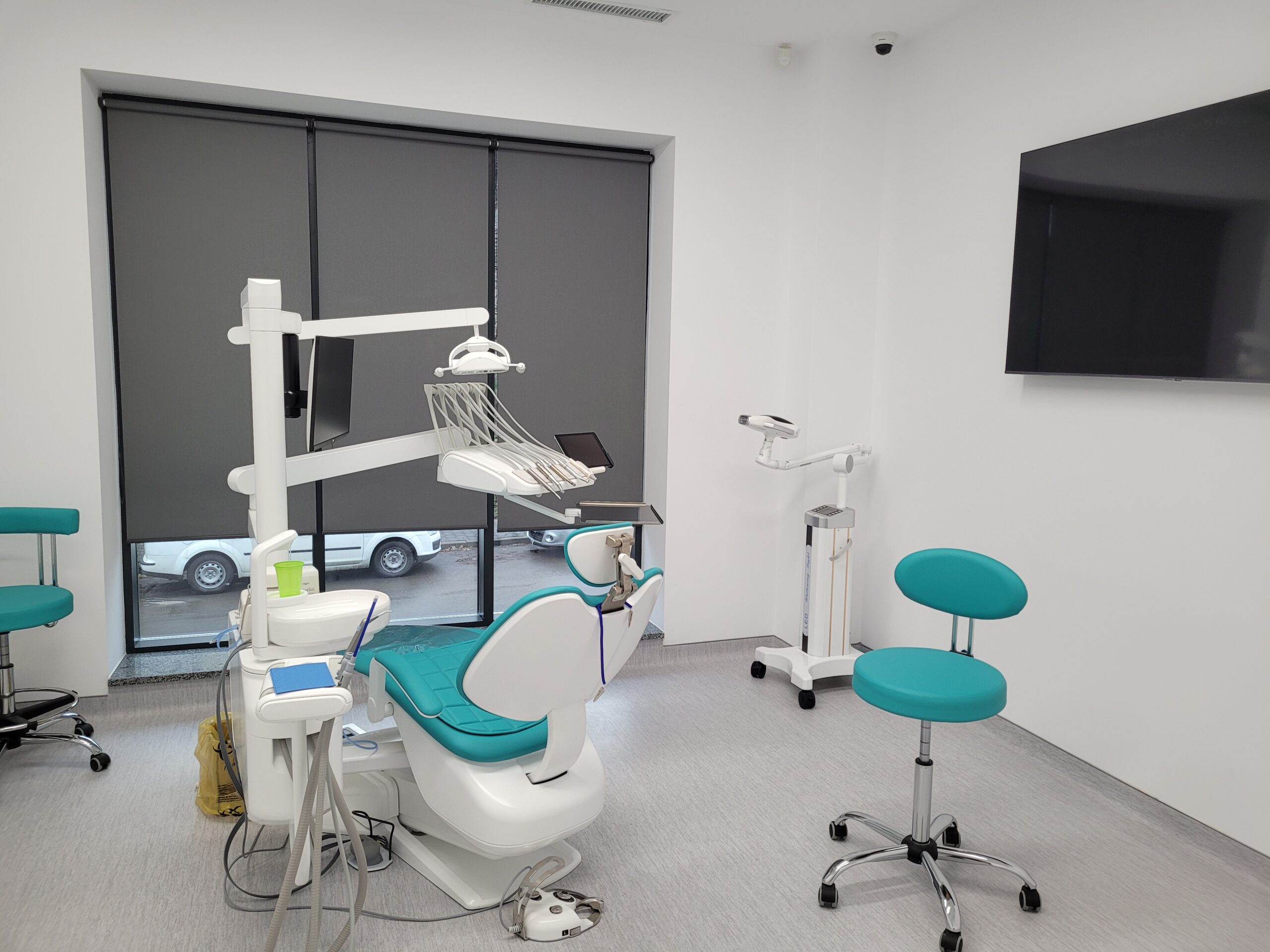
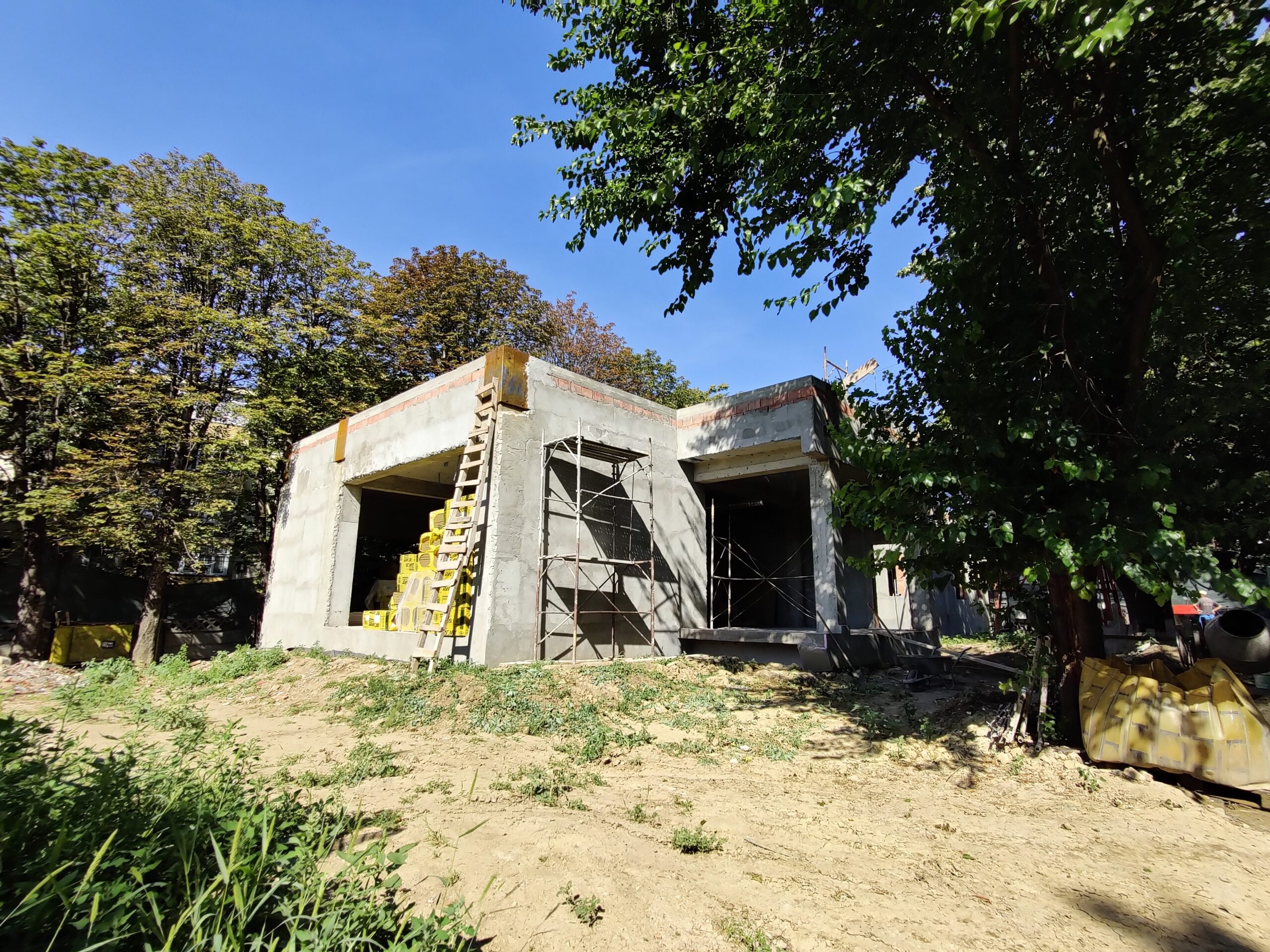


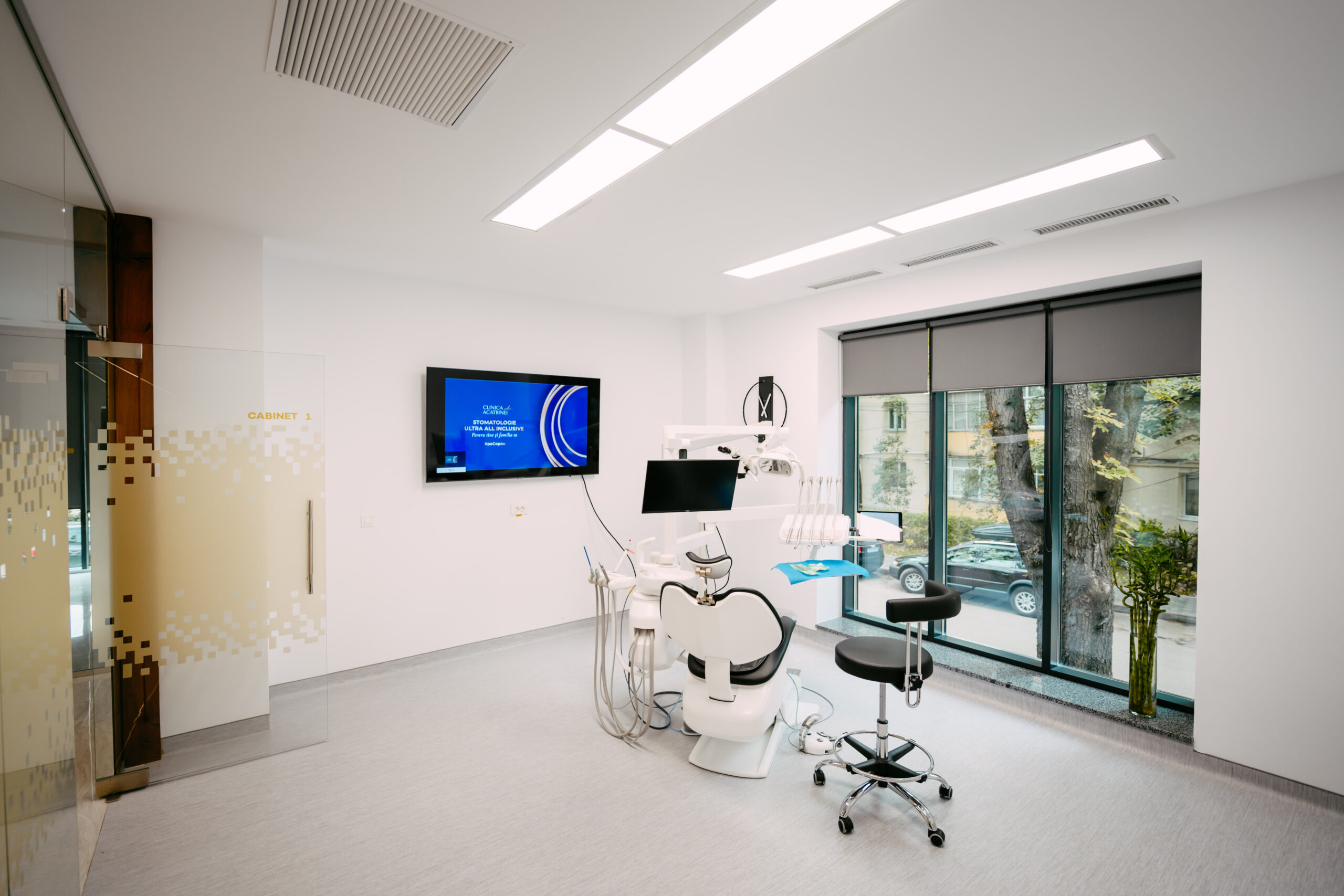










 He finished every year of vocational studies with an average over 9.50. He is the kind of student who stands out, asks many questions, and seeks answers, always concerned about knowing more. He had all the support, since the 9th grade of Mr. foreman Constantin Pintrijel, who took him under his wing and advised him to go to high school, also within the college. He obtained a diploma in auto mechanics, and an „Excellent” qualification in the final vocational school exam and went further towards his dream, entering high school, in the transport technician profile. Now, in the 12th grade, he is seriously preparing for the baccalaureate, the final exam. „Out of 30 students from the vocational school, about 5 of us also chose to go to high school. The rest of them stopped, got the degree and that was it? That’s all they needed. I believe that wherever you go to work and if you have a vocational school it means that you have certain knowledge, you are not starting from scratch. The internship helps you gain the experience so demanded by employers, but the facilities of a college with a technical profile also help enormously. The vocational school helps you a lot. Maybe you know how to unscrew a screw, but then you get stuck because you don’t know what to do next. The years of vocational school can give you the necessary foundation to start something and it gives you the confidence that you can do anything you want„.
He finished every year of vocational studies with an average over 9.50. He is the kind of student who stands out, asks many questions, and seeks answers, always concerned about knowing more. He had all the support, since the 9th grade of Mr. foreman Constantin Pintrijel, who took him under his wing and advised him to go to high school, also within the college. He obtained a diploma in auto mechanics, and an „Excellent” qualification in the final vocational school exam and went further towards his dream, entering high school, in the transport technician profile. Now, in the 12th grade, he is seriously preparing for the baccalaureate, the final exam. „Out of 30 students from the vocational school, about 5 of us also chose to go to high school. The rest of them stopped, got the degree and that was it? That’s all they needed. I believe that wherever you go to work and if you have a vocational school it means that you have certain knowledge, you are not starting from scratch. The internship helps you gain the experience so demanded by employers, but the facilities of a college with a technical profile also help enormously. The vocational school helps you a lot. Maybe you know how to unscrew a screw, but then you get stuck because you don’t know what to do next. The years of vocational school can give you the necessary foundation to start something and it gives you the confidence that you can do anything you want„.
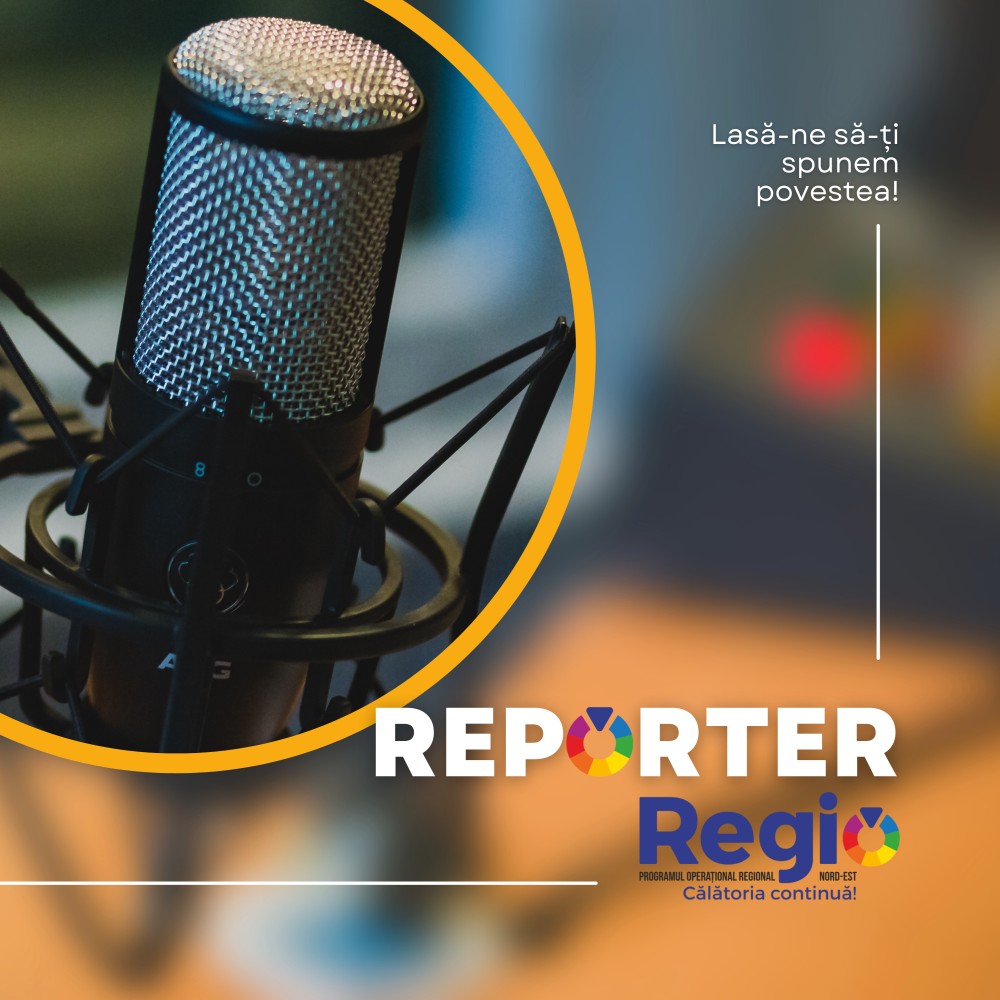


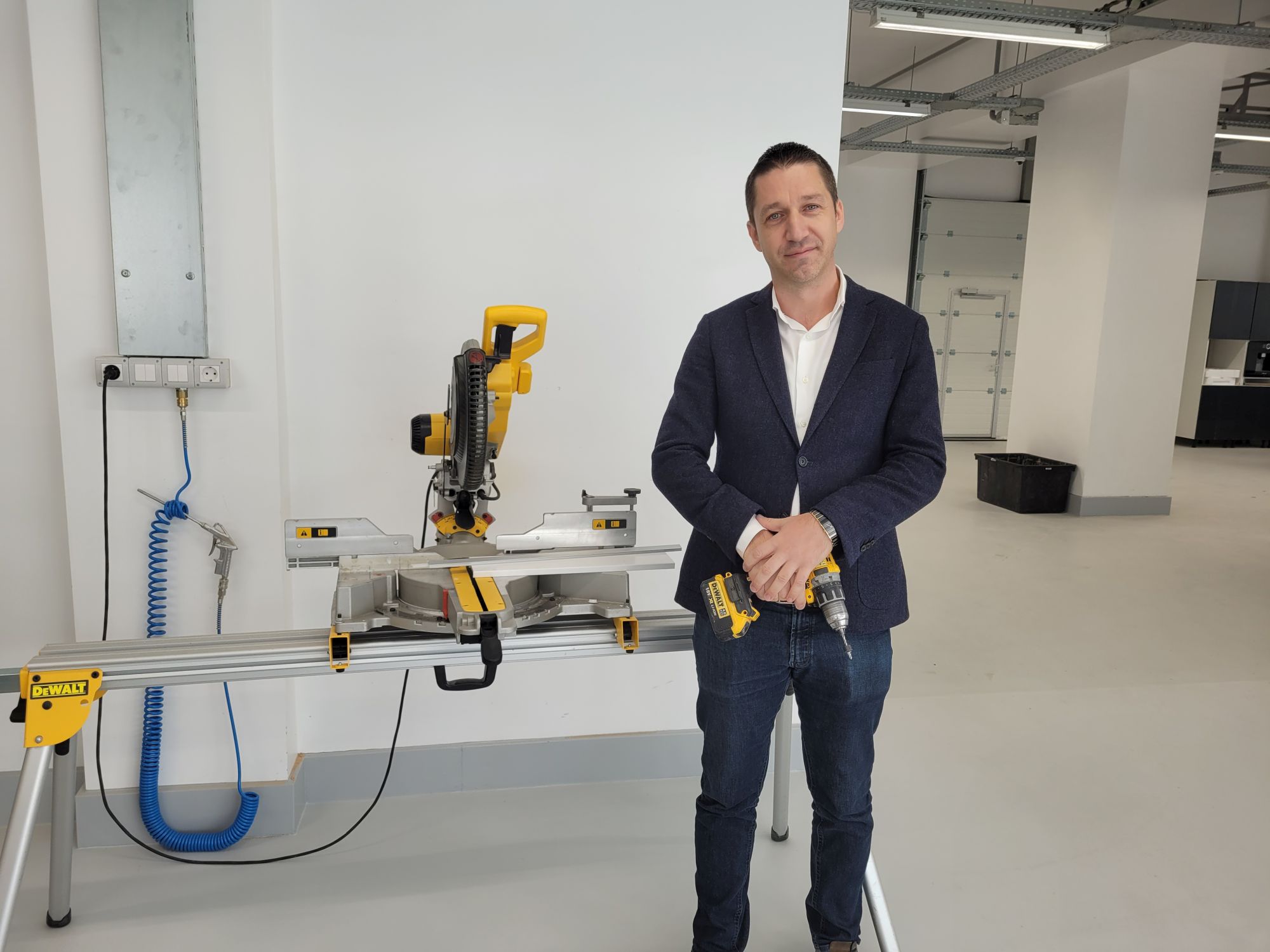




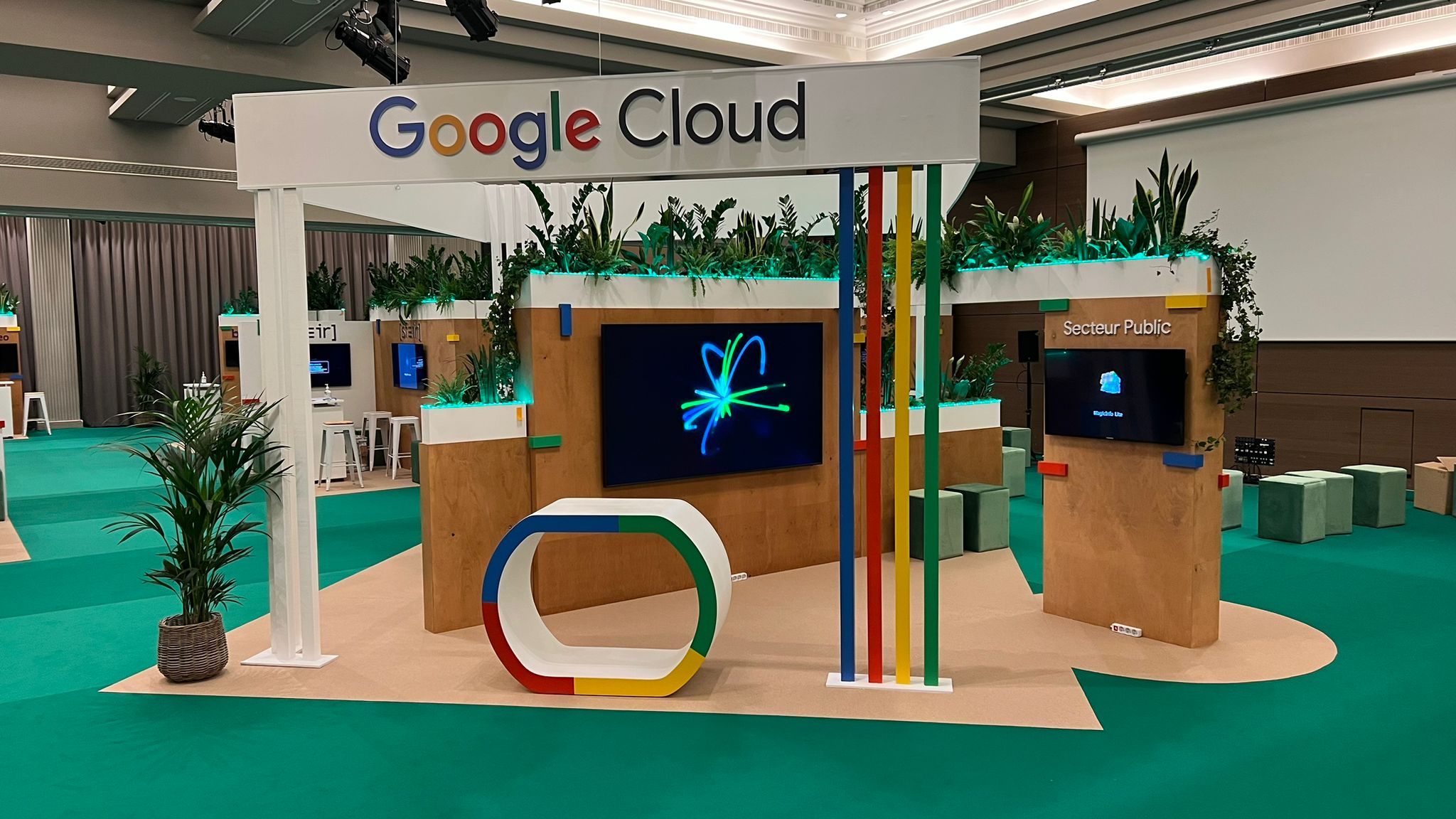





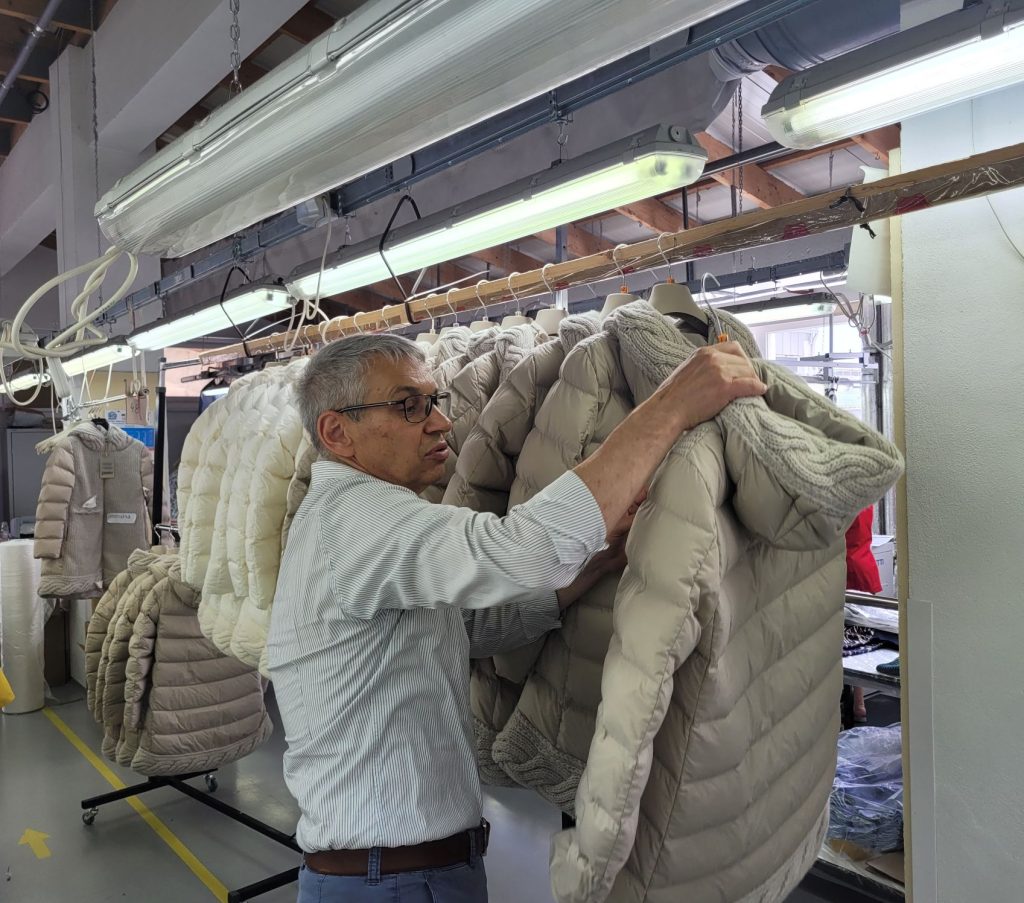
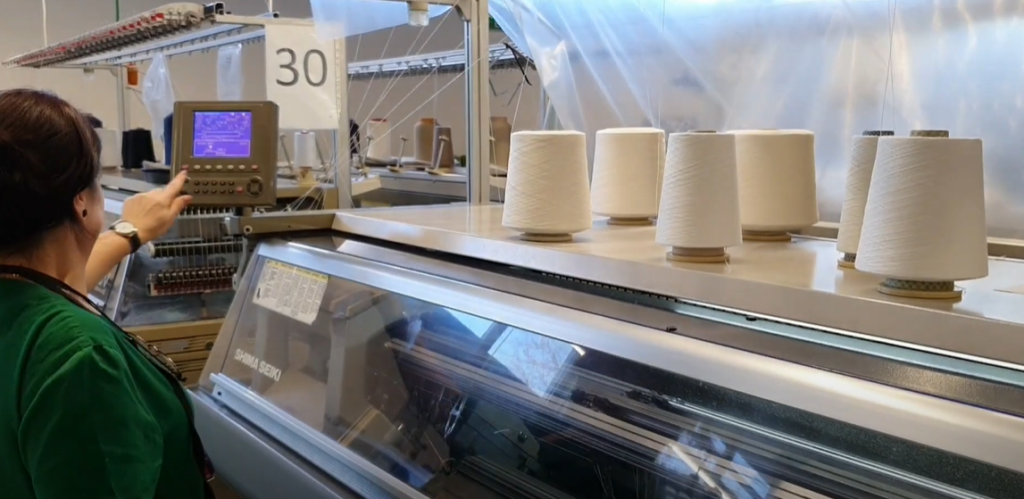





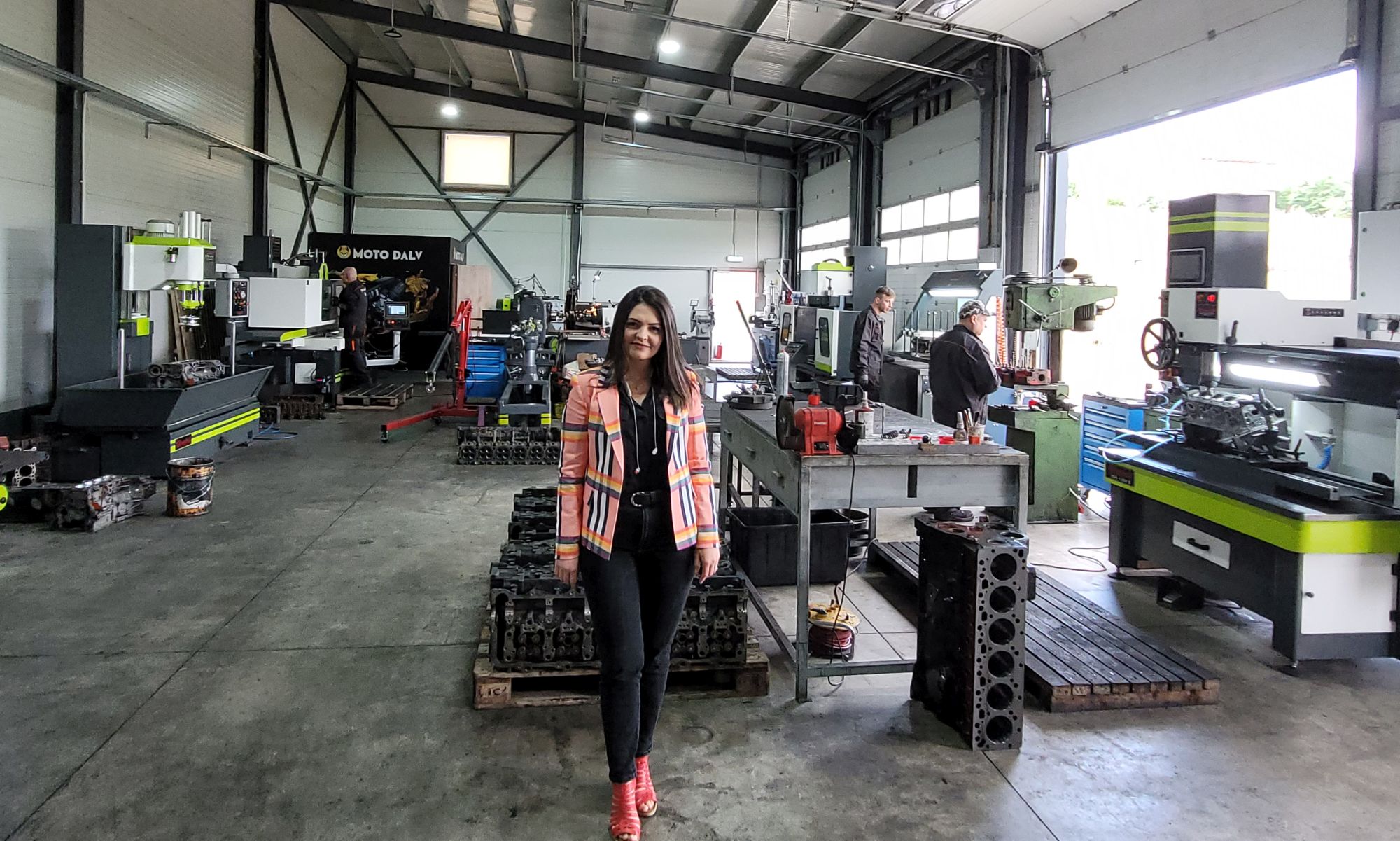

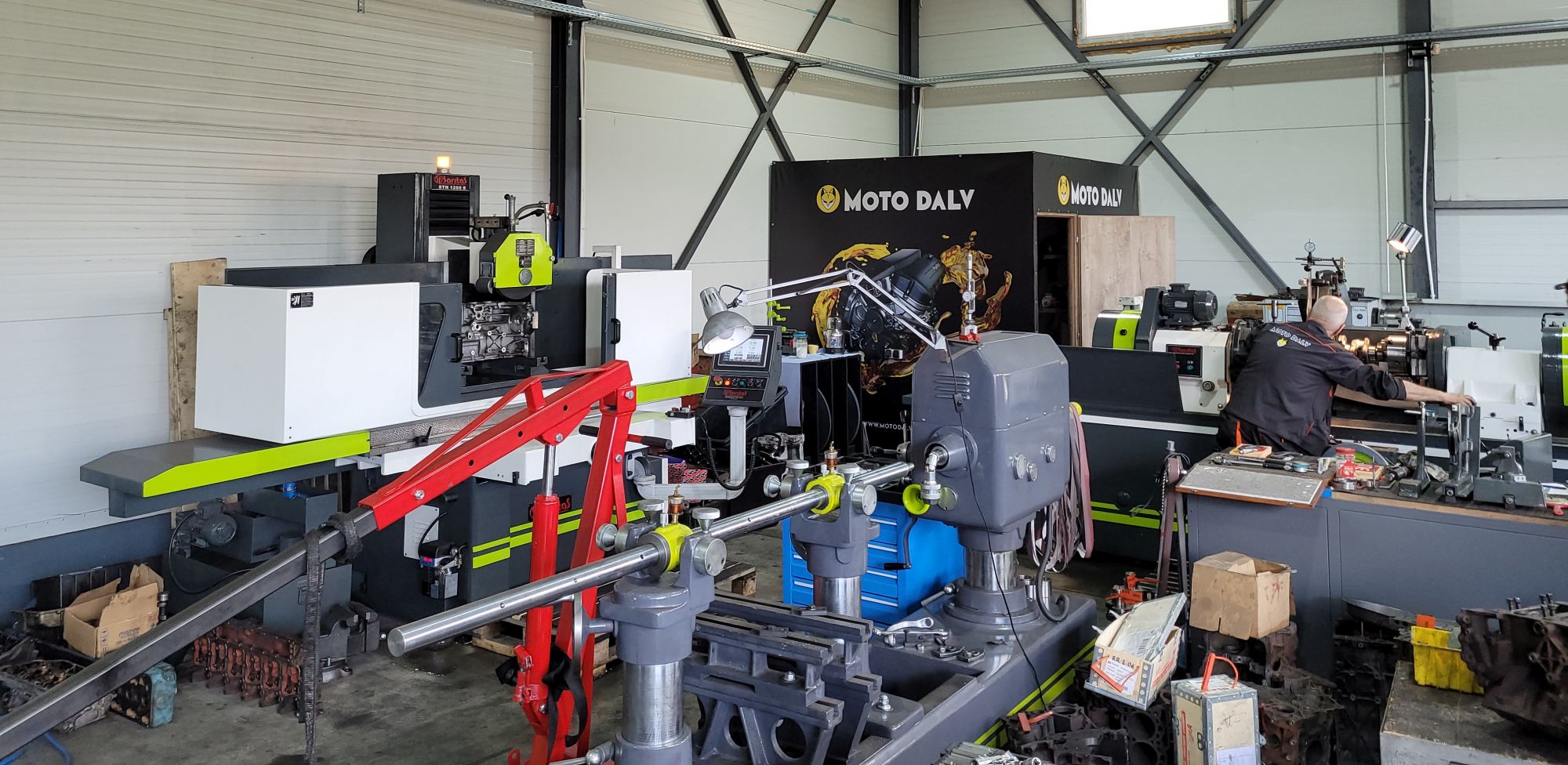
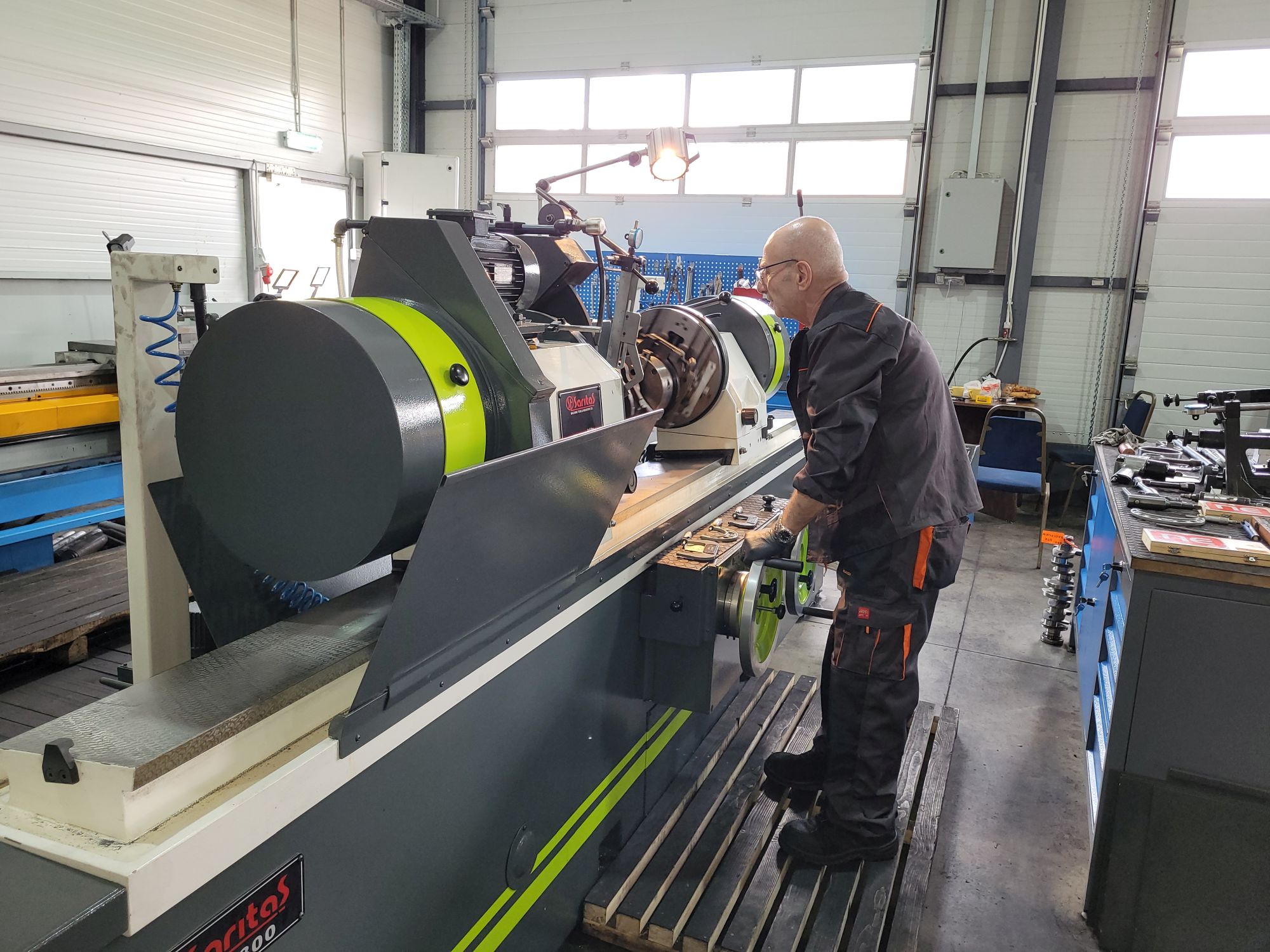
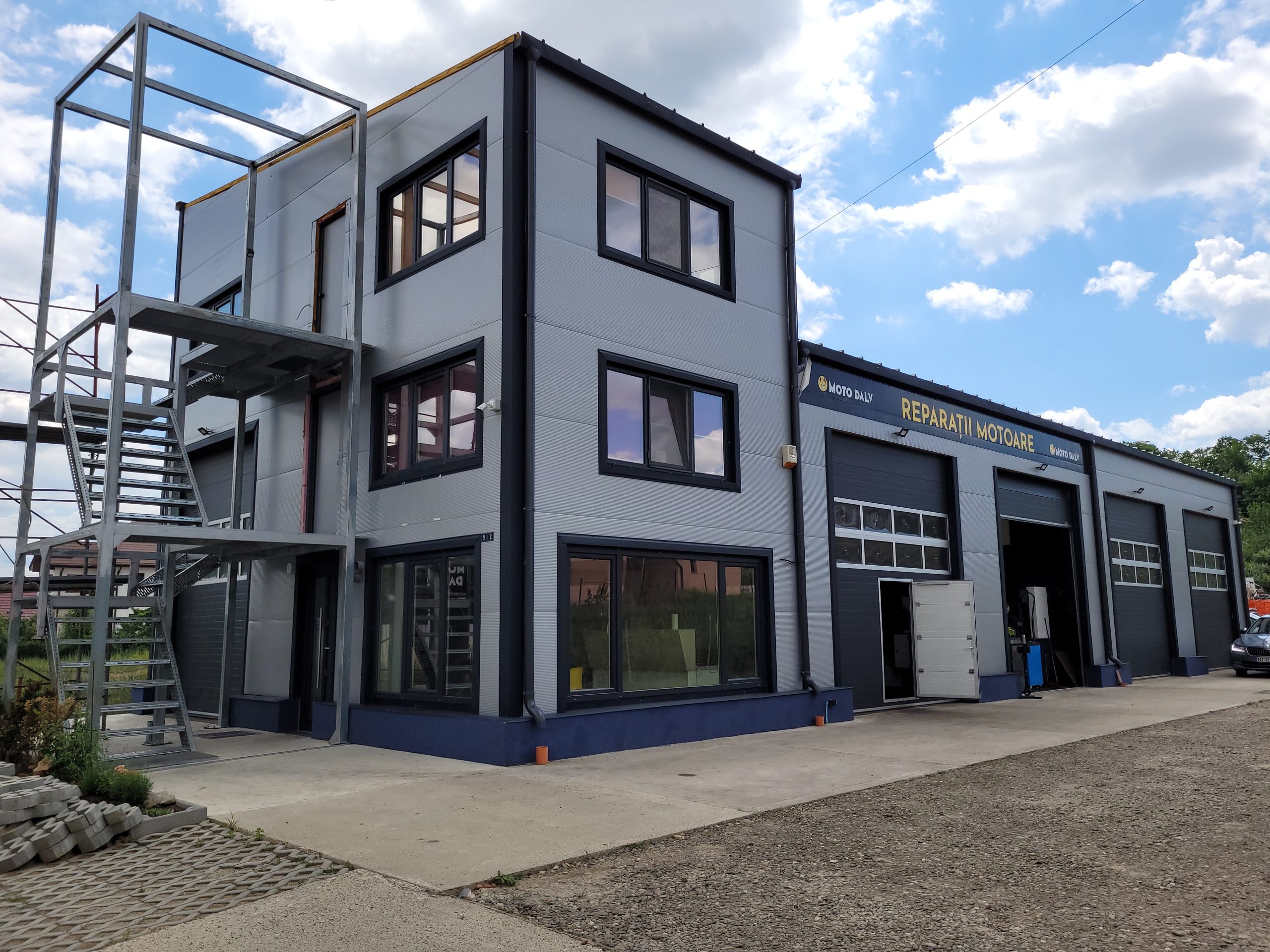
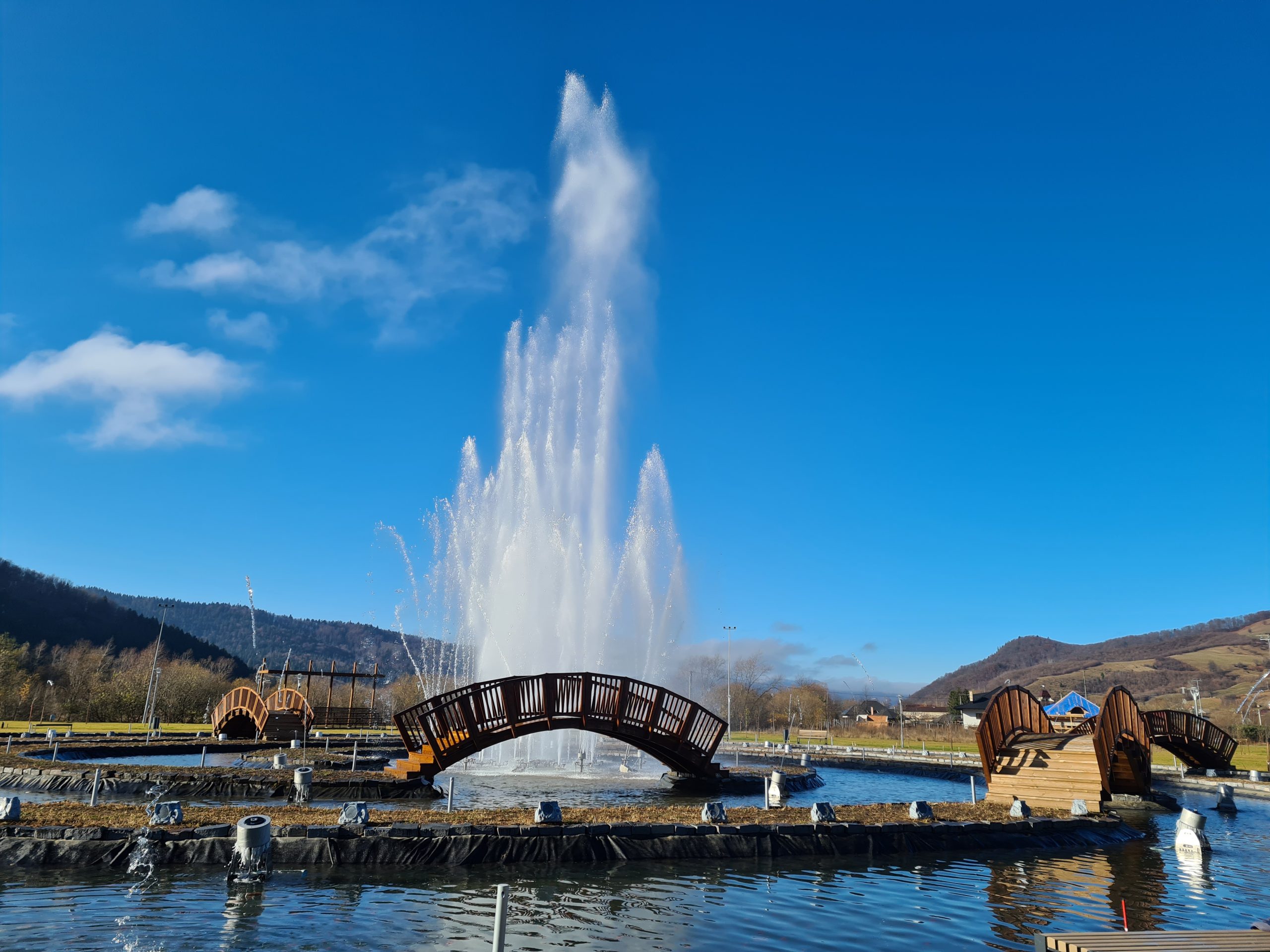
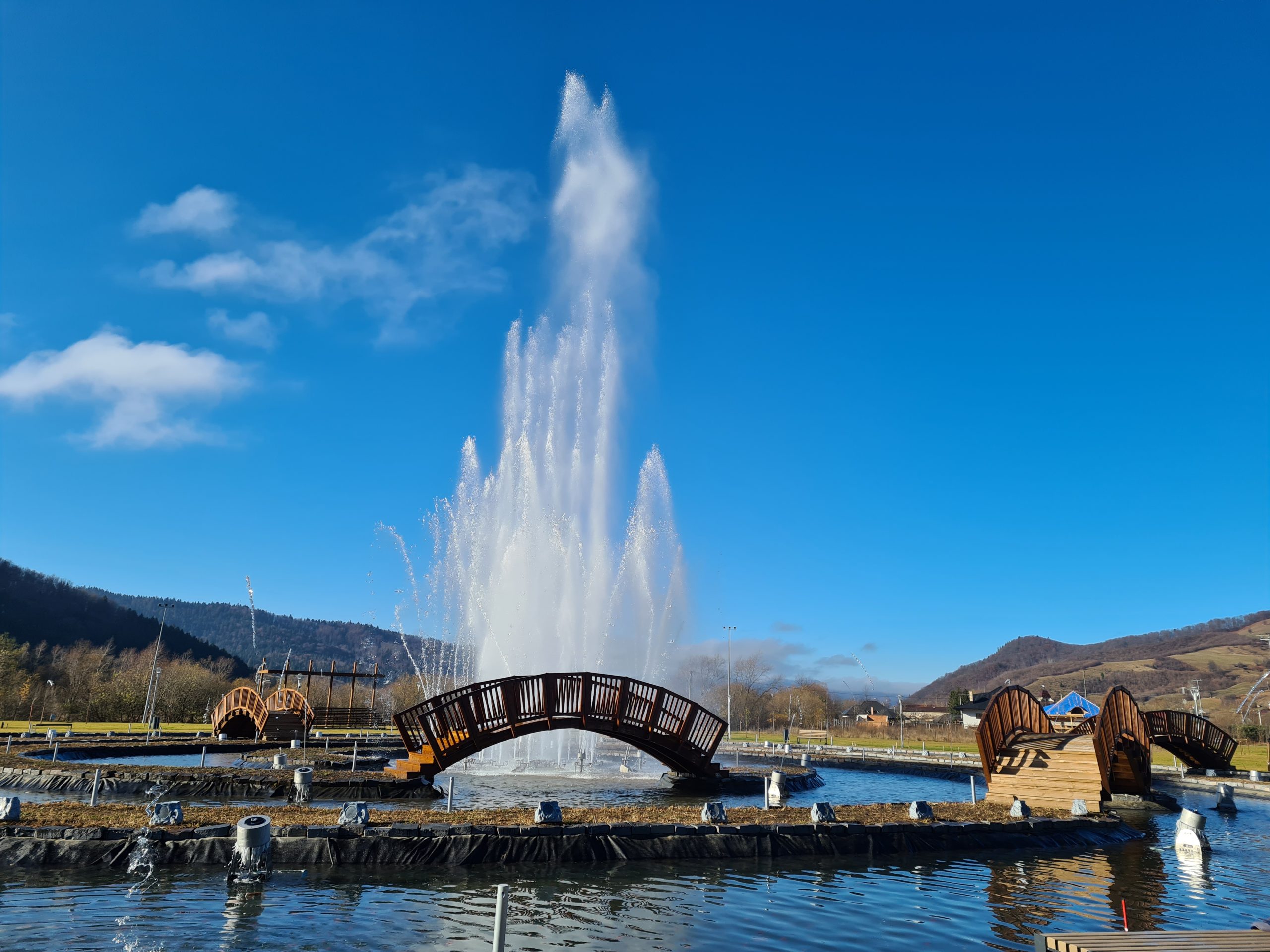
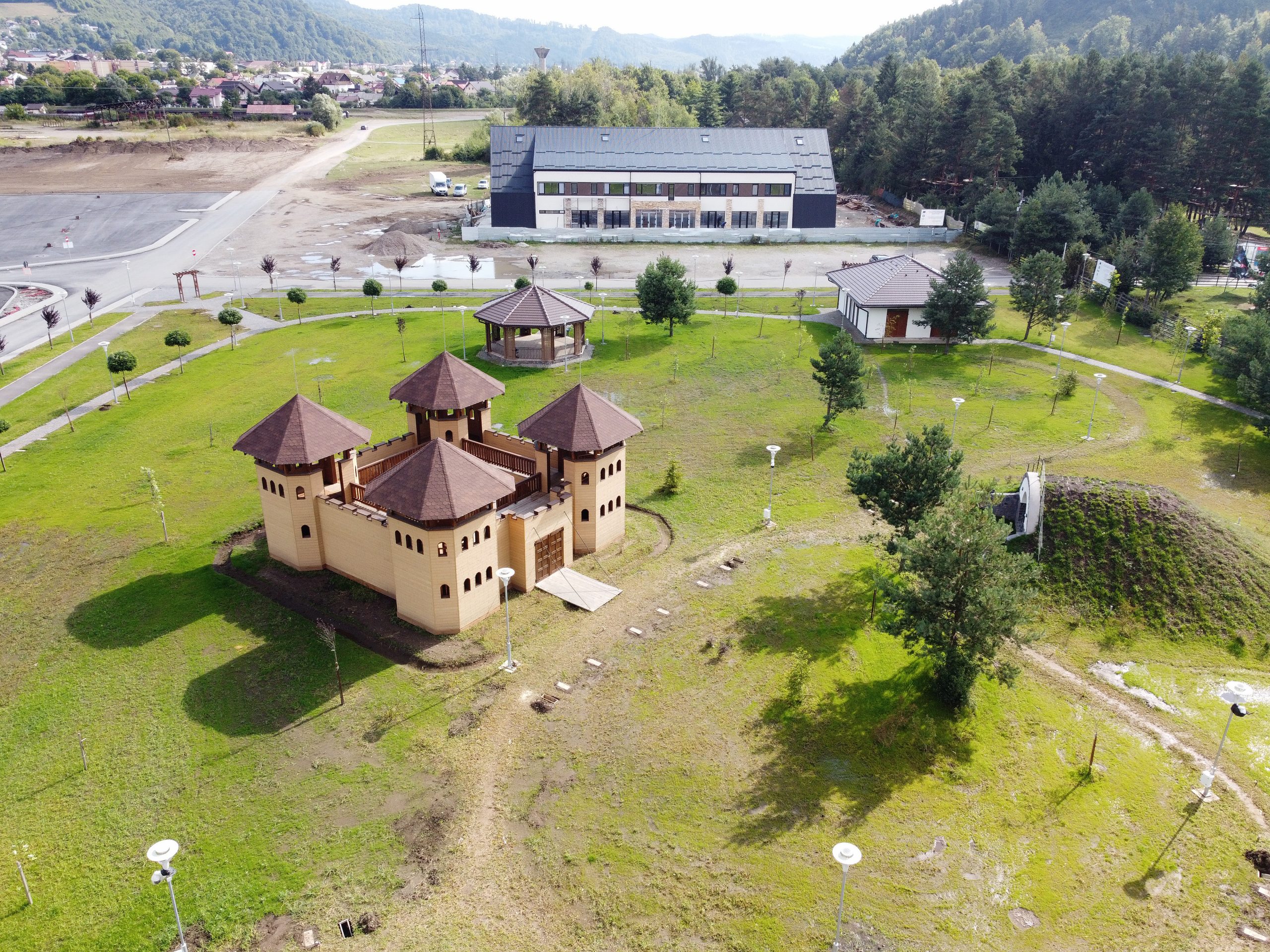
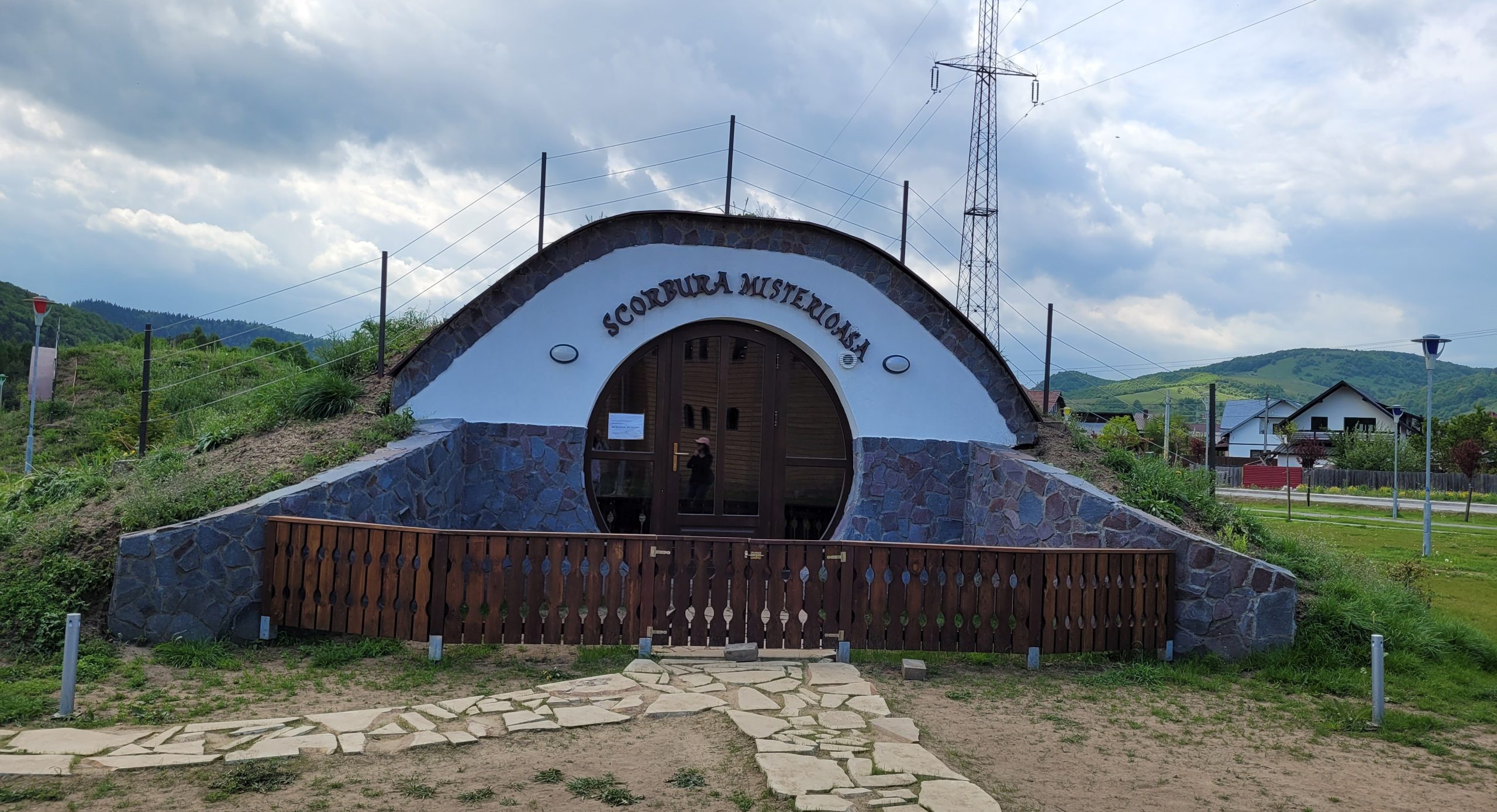
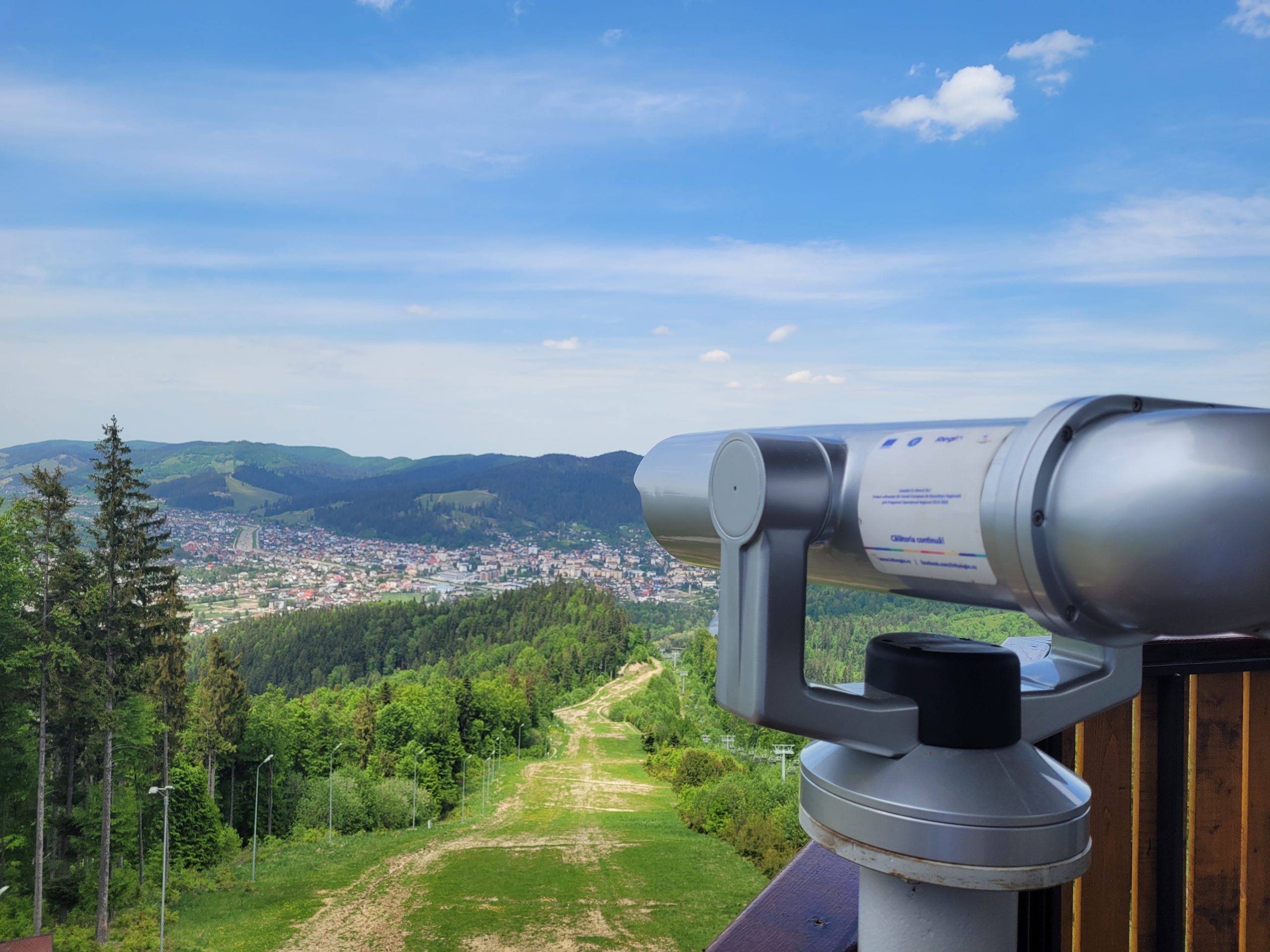
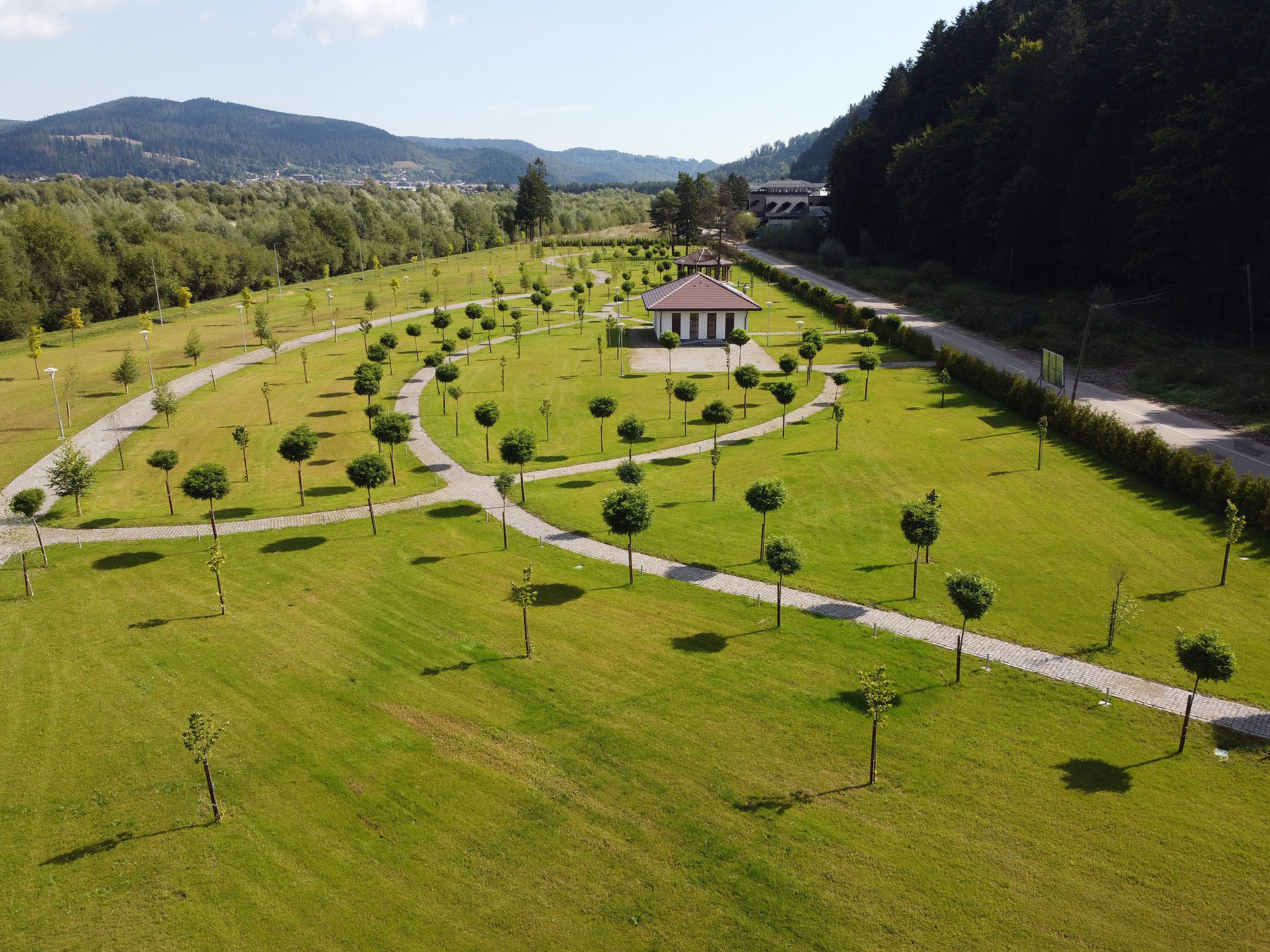
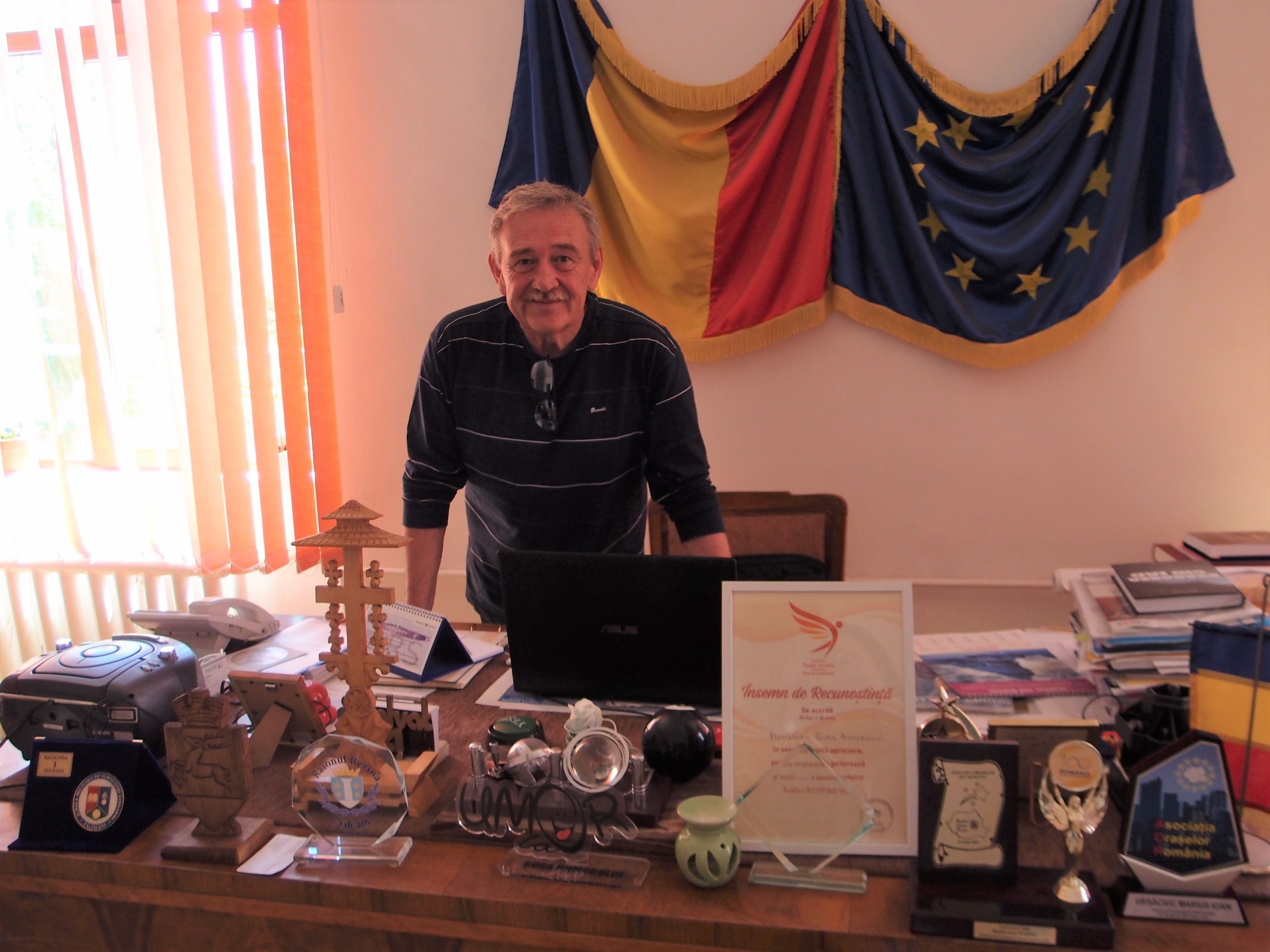
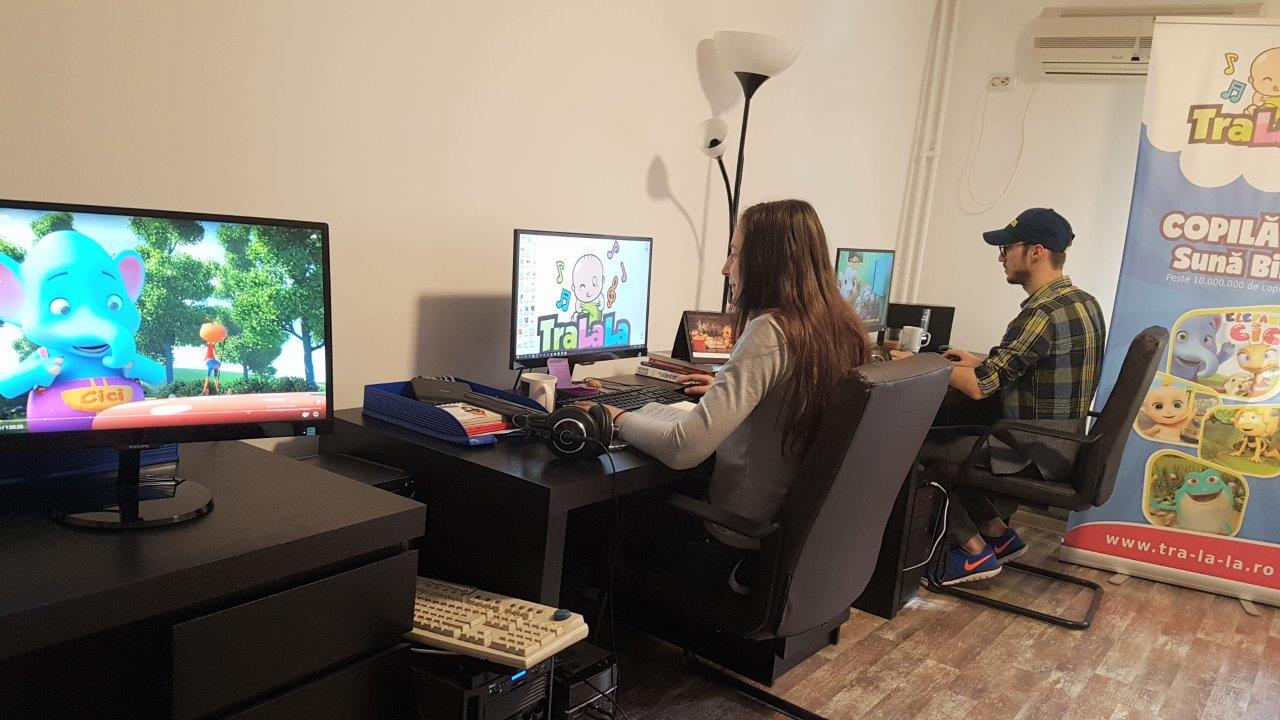
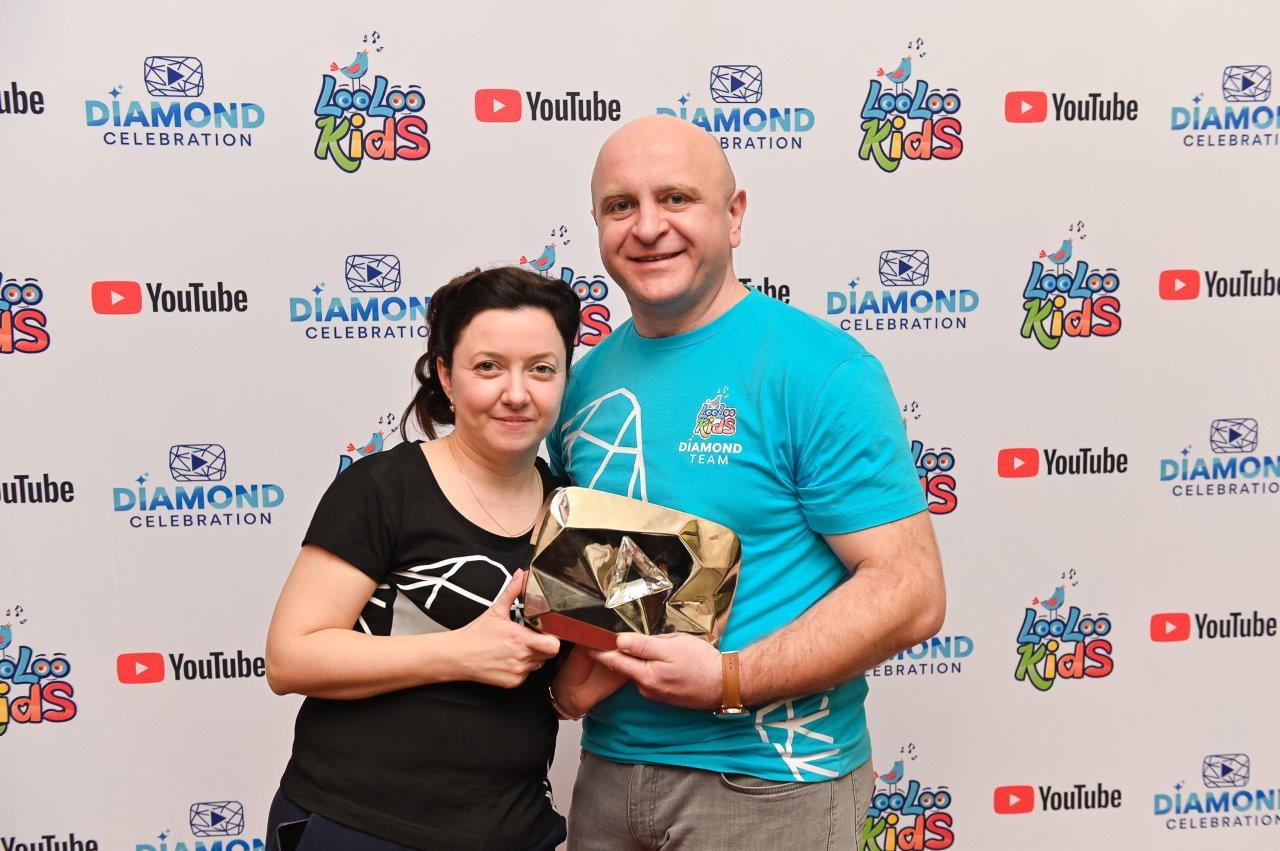

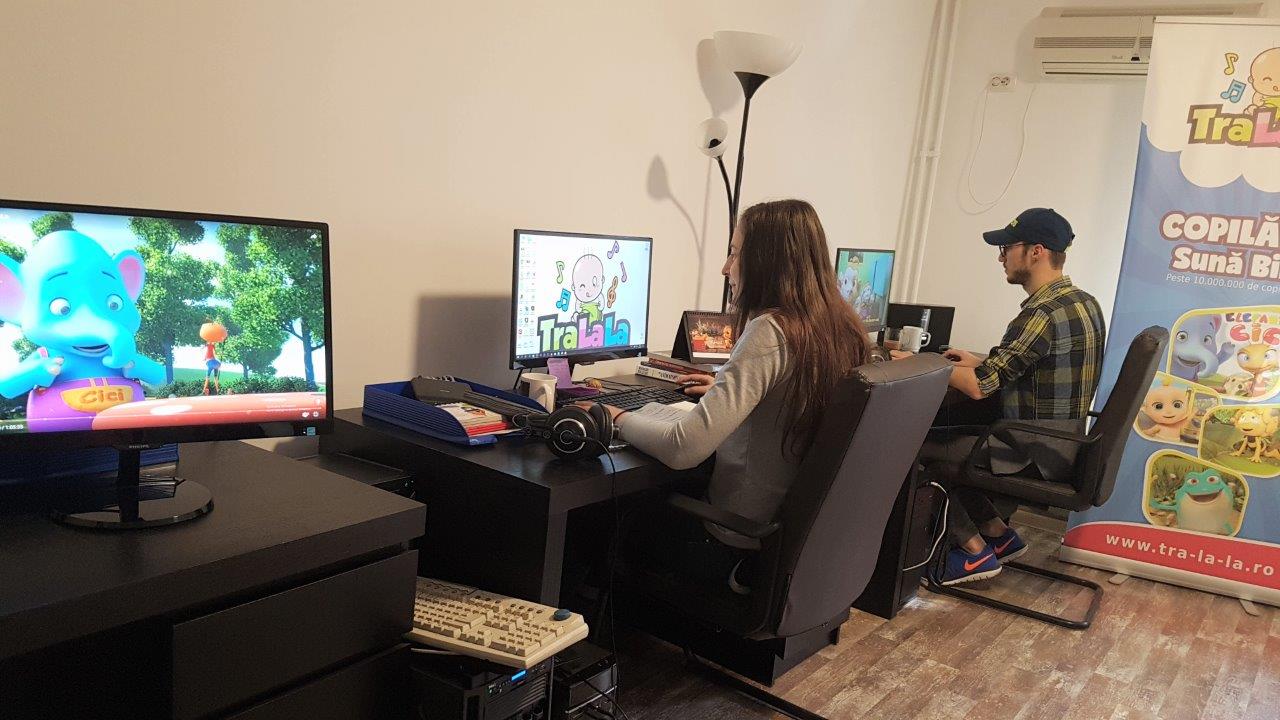

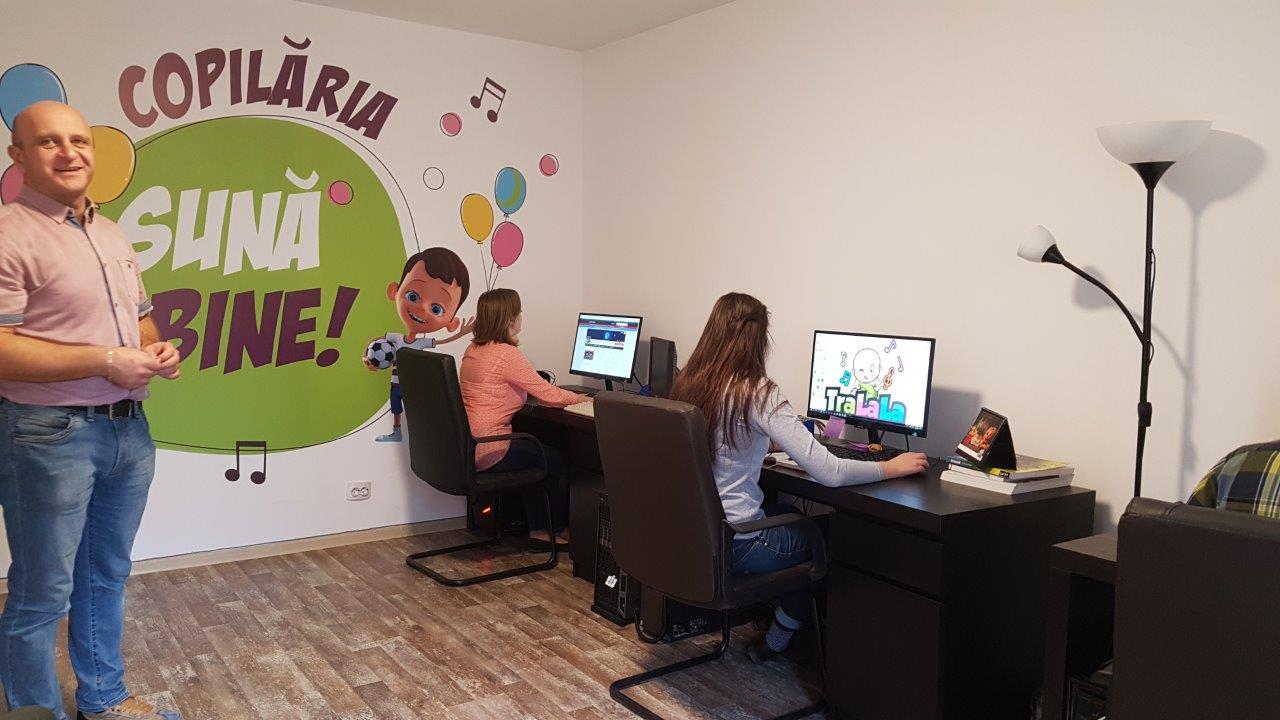 Cristina and Alexandru are 100% present in their business. Filter all stages, from ideas to feedback. But at the same time, they kept their simplicity and work side by side. Vali Pintilescu says about the two spouses, with admiration, that they are atypical entrepreneurs. „They are very involved in this work, more than hundreds of entrepreneurs I know. When you see that the business is on an upward trend, you let it grow. But they are still here, working every day and I think that could be the secret ingredient, the recipe for success „.
Cristina and Alexandru are 100% present in their business. Filter all stages, from ideas to feedback. But at the same time, they kept their simplicity and work side by side. Vali Pintilescu says about the two spouses, with admiration, that they are atypical entrepreneurs. „They are very involved in this work, more than hundreds of entrepreneurs I know. When you see that the business is on an upward trend, you let it grow. But they are still here, working every day and I think that could be the secret ingredient, the recipe for success „.